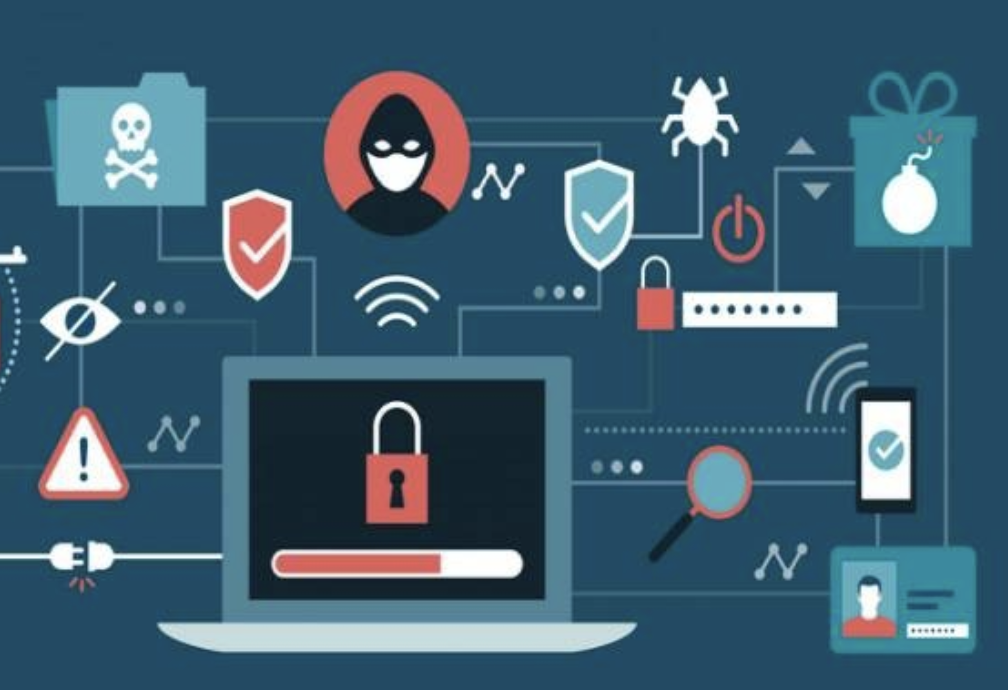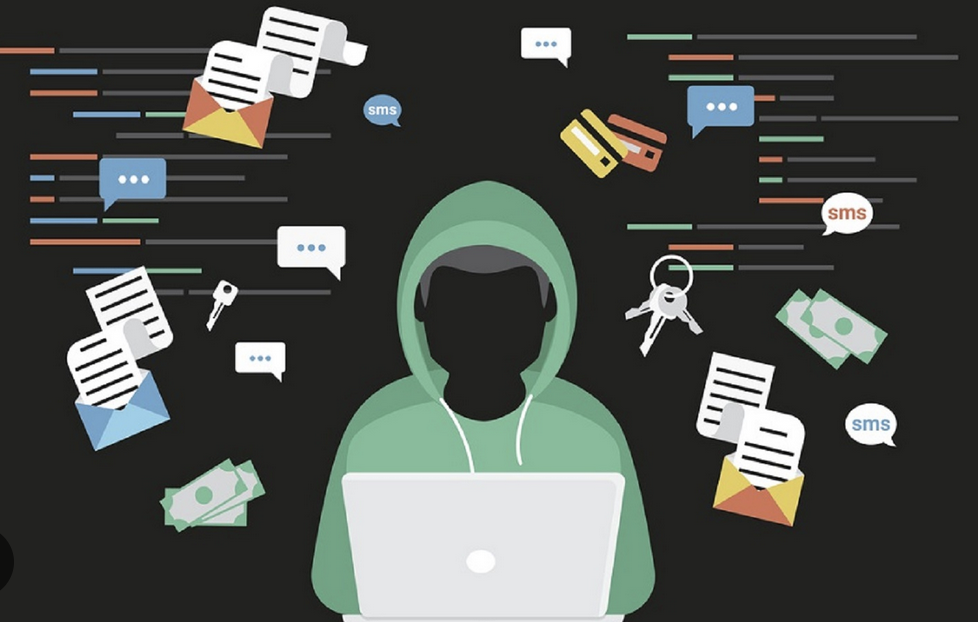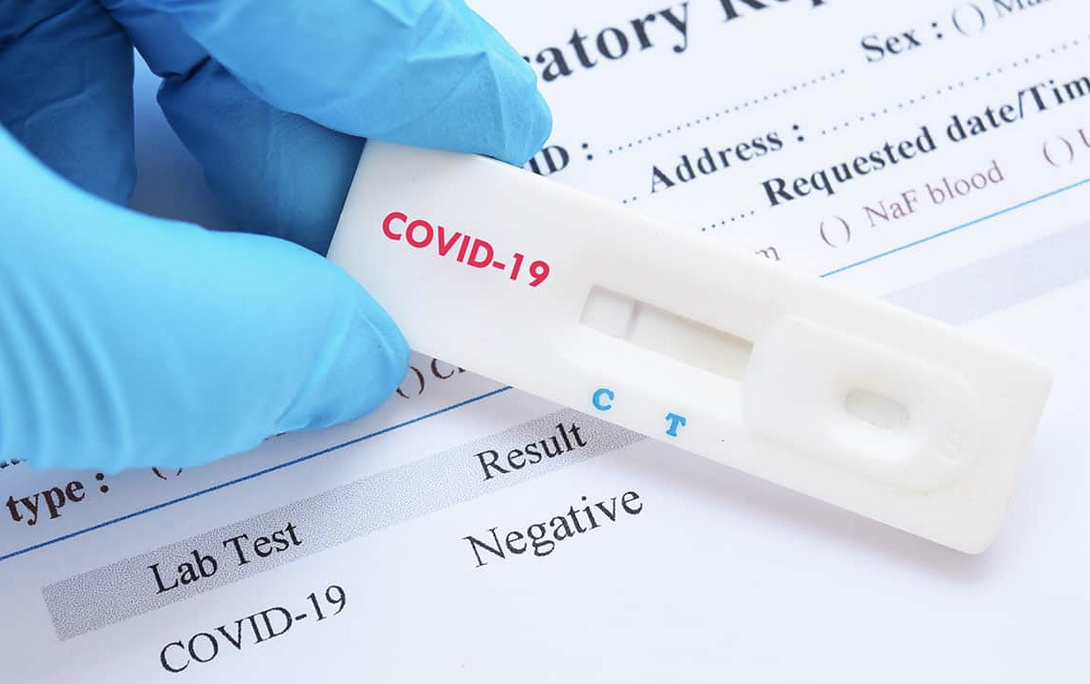Security in Affiliate Marketing Networks: A Guide for Users and Companies
In the vast landscape of online commerce, Affiliate Marketing Networks play a pivotal role in connecting businesses with marketers to drive sales and revenue. However, the digital realm is not without its risks, and the security of personal information is a top concern for users and companies alike.
Understanding Affiliate Marketing Networks:
Affiliate Marketing Networks act as intermediaries between businesses (merchants) and marketers (affiliates). Merchants benefit by reaching a broader audience, while affiliates earn commissions for driving traffic and sales to the merchant’s site. This symbiotic relationship is facilitated by tracking links and unique identifiers. According to WebsitePlanet a company called SoftwareProjects and known as BuyGoods had a data breach that exposed customer information.
Security Challenges and User Protection:
Despite the benefits, the interconnected nature of Affiliate Marketing Networks poses inherent security challenges. Users must remain vigilant to protect their sensitive information:
- Use Trusted Platforms: Stick to reputable Affiliate Marketing Networks with a track record of prioritizing security. Research and choose networks that implement robust encryption and data protection measures.
- Monitor Account Activity: Regularly review your account activity and report any suspicious behavior immediately. Set up alerts for unusual login attempts or changes to your account details.
- Limit Data Sharing: Be cautious about the information you share. Only provide essential details necessary for affiliate marketing activities. Avoid disclosing sensitive personal information unless absolutely required.
- Strong Password Practices: Employ strong, unique passwords for your affiliate accounts. Use a combination of letters, numbers, and special characters, and avoid using the same password across multiple platforms.
Protecting Customers:
Companies operating Affiliate Marketing Networks must prioritize the security of their users. Here are key measures to implement:
- Encryption and Data Security: Employ end-to-end encryption to protect user data during transmission. Ensure that sensitive information is stored securely using industry-standard encryption protocols.
- Regular Security Audits: Conduct routine security audits and vulnerability assessments to identify and address potential weaknesses in the network infrastructure. Stay proactive in adapting security measures to evolving threats.
- User Education: Provide comprehensive security guidelines for users, educating them about potential risks and best practices for safeguarding their information.
- Two-Factor Authentication (2FA): Implement 2FA to add an extra layer of security for user accounts. This additional step enhances protection against unauthorized access.
Affiliate Marketing Networks such as BuyGoods.com offer a lucrative avenue for businesses and marketers, both users and companies must prioritize cybersecurity. By staying informed, employing best practices, and leveraging advanced security measures, the affiliate marketing ecosystem can thrive in a secure digital landscape.




